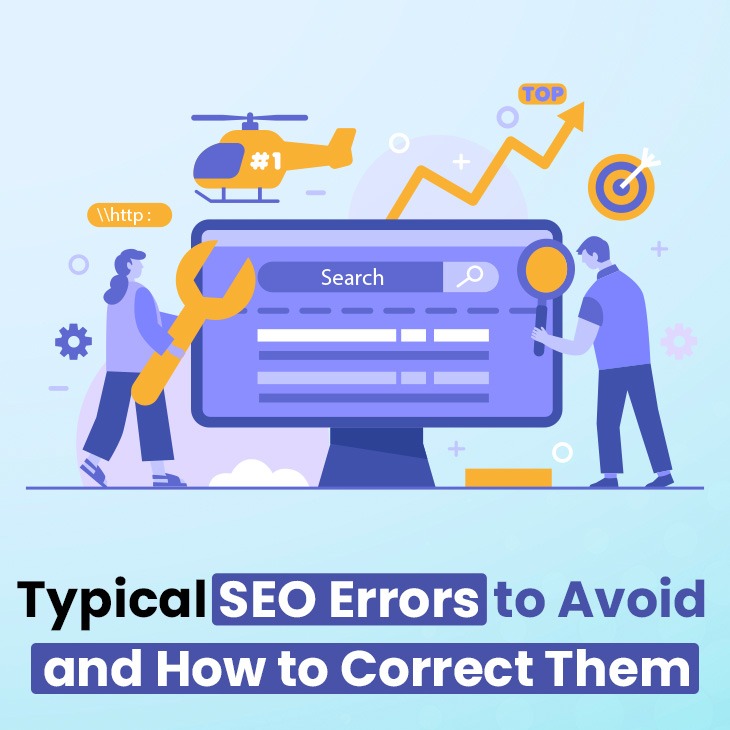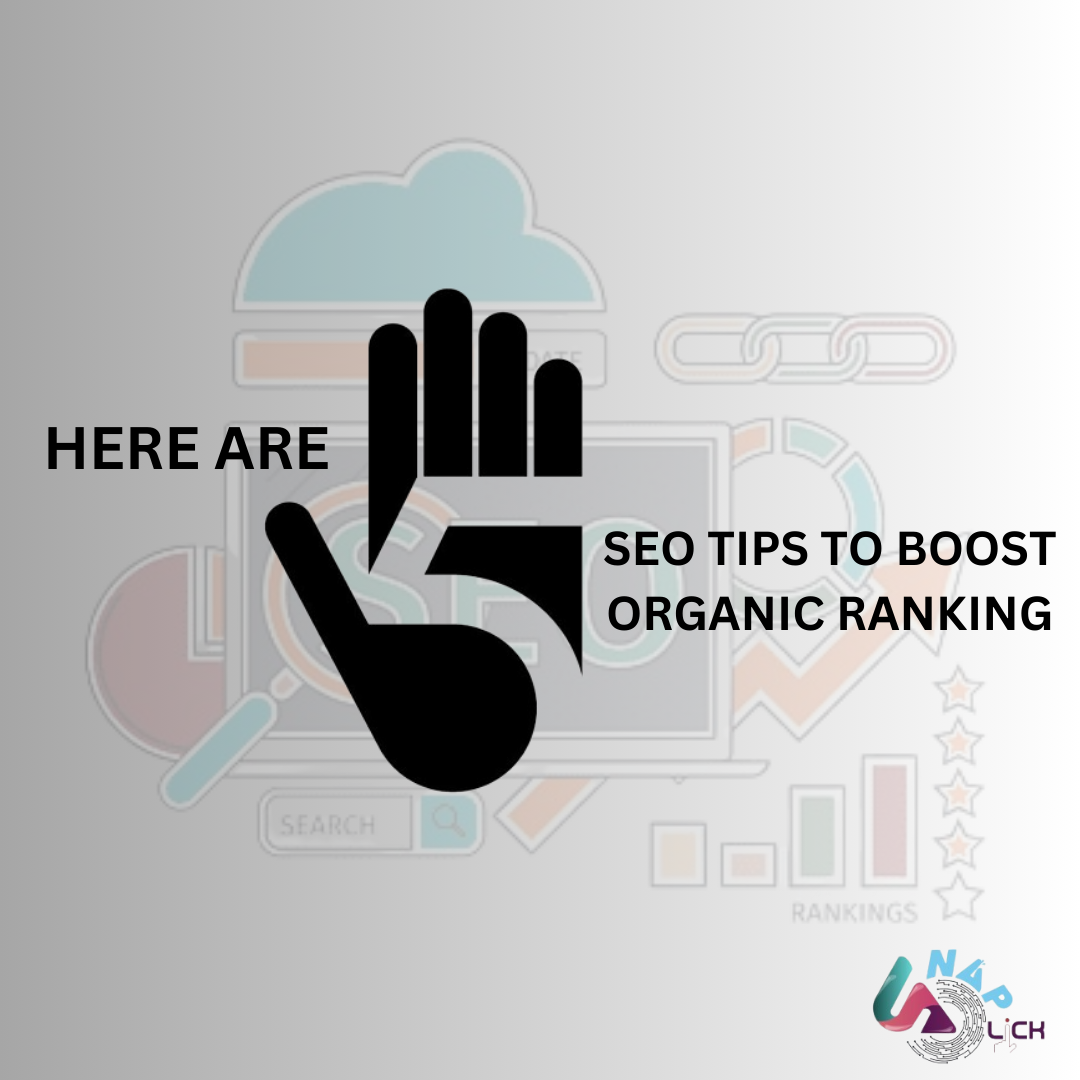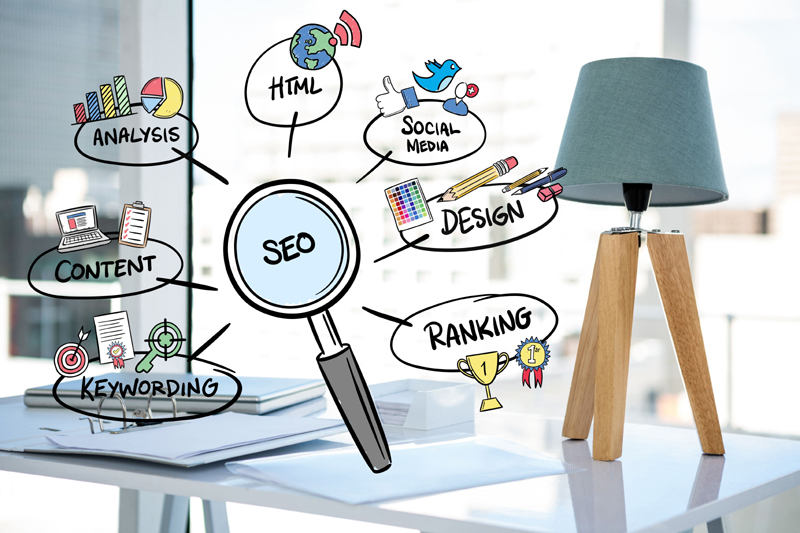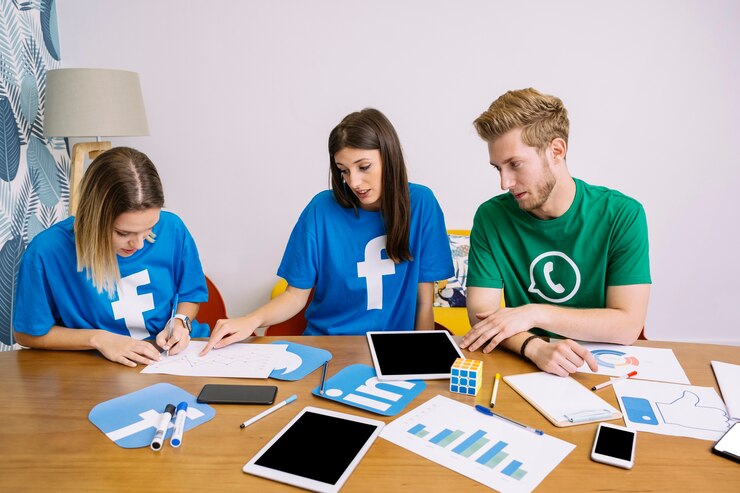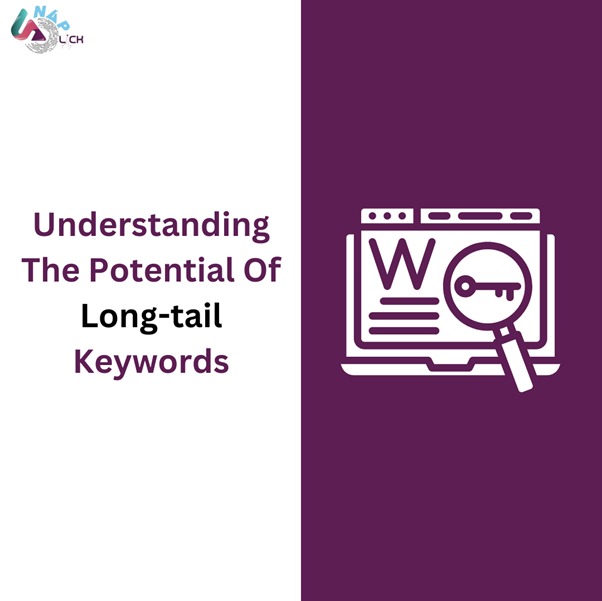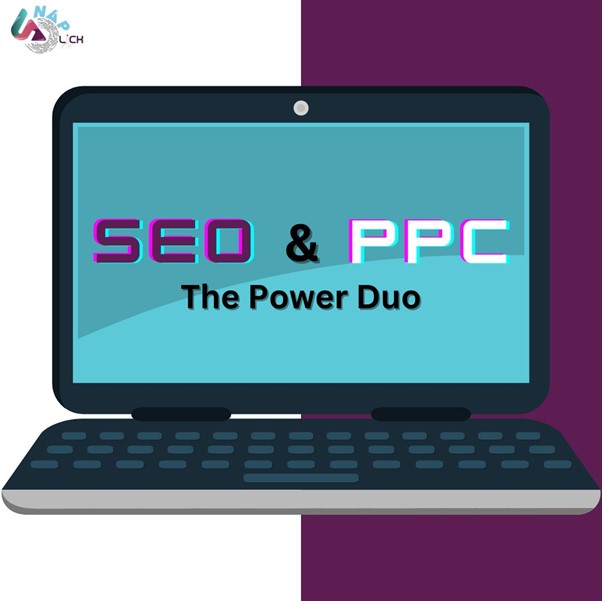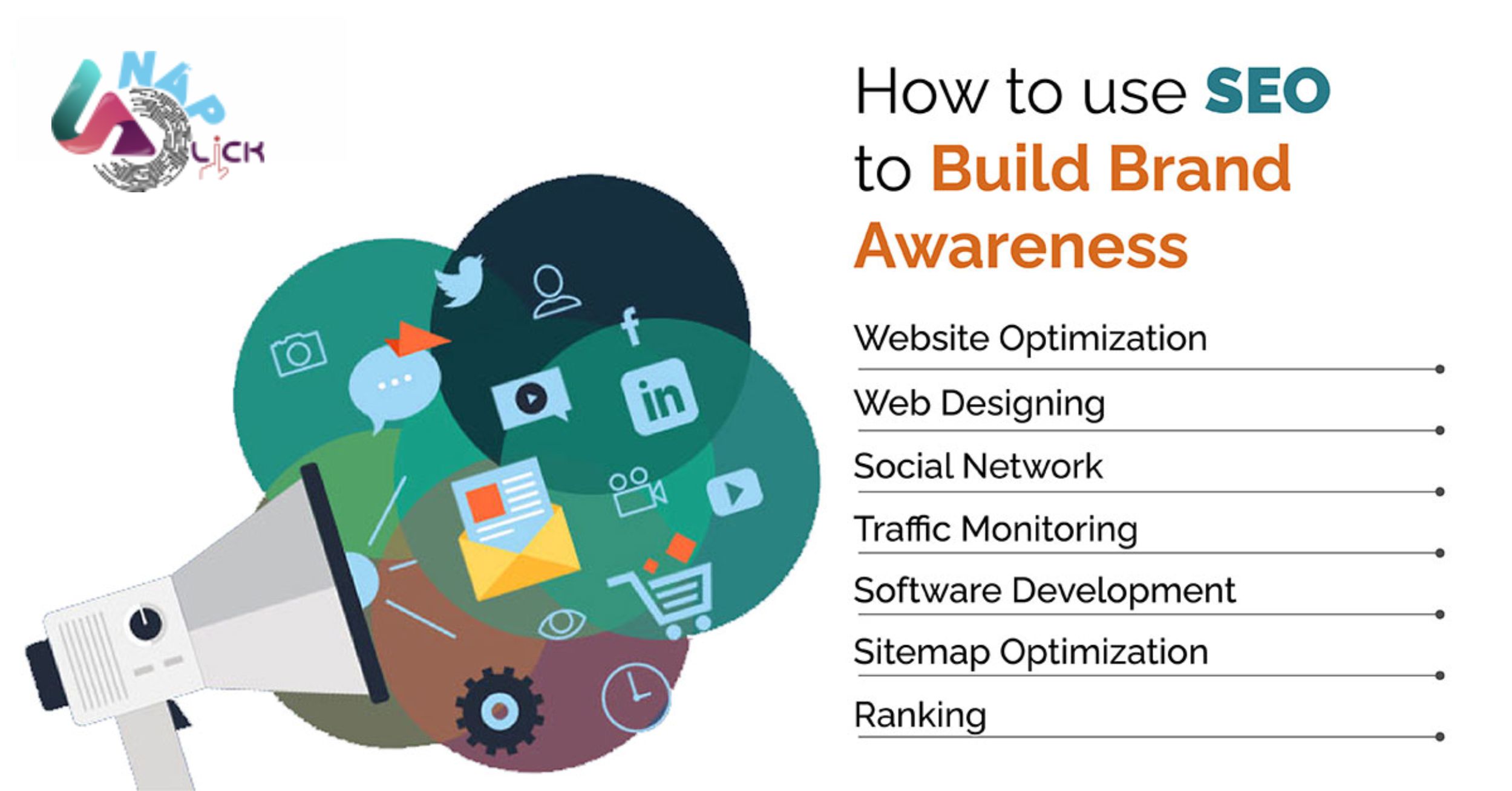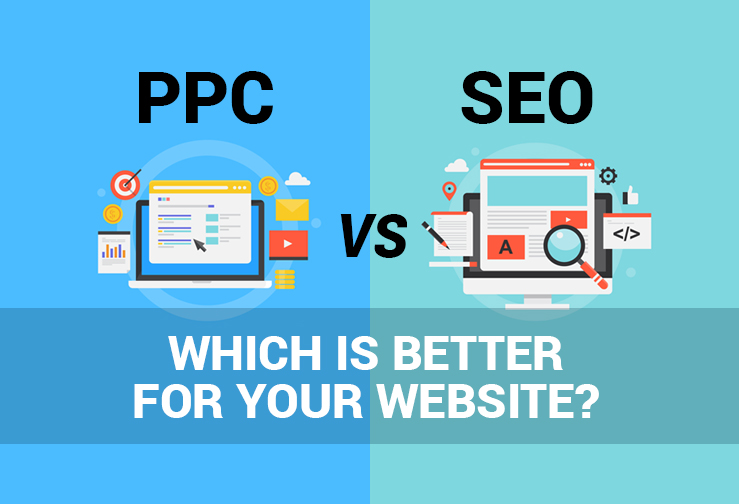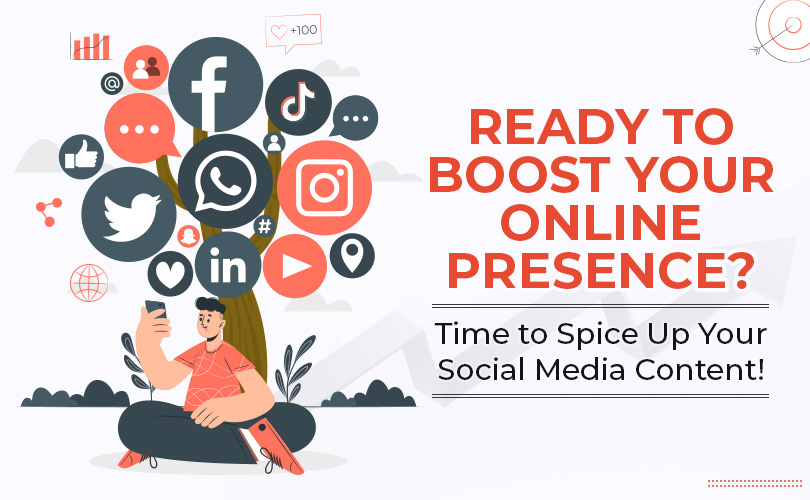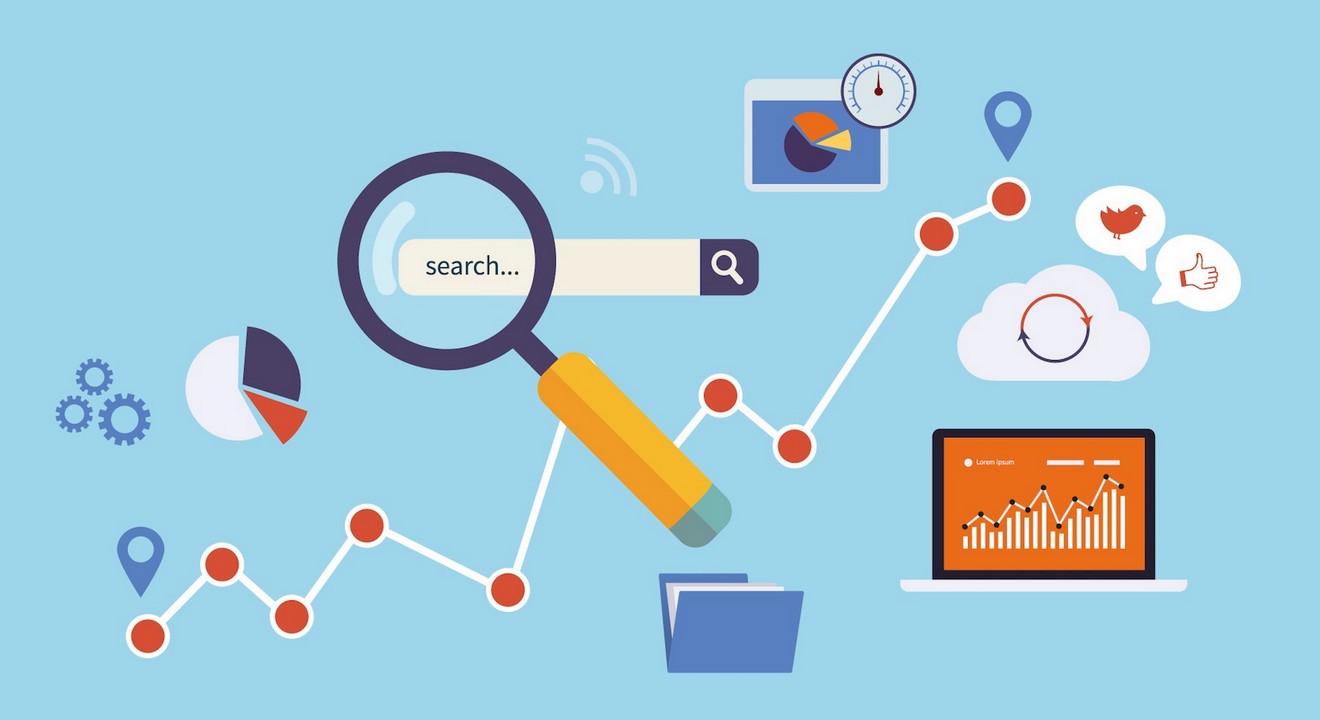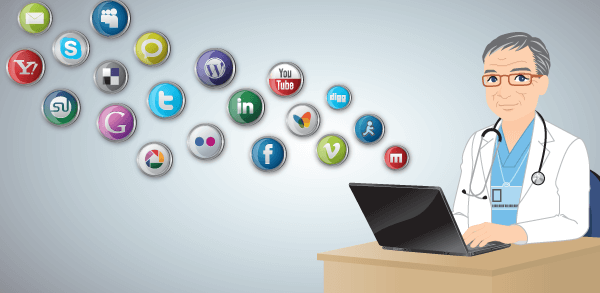
The definition of “Social Media” is broad and constantly evolving. The term generally refers to Internet-based tools that allow individuals and communities to gather and communicate; share information, ideas, personal messages, images, and other content; and, in some cases, collaborate with other users in real-time.
More people are actively using social media, and the number of social media users is increasing daily. Almost all businesses of various industries have started to implement social media in their strategies and embrace social media sites completely.
Let's discuss the benefits of social media in the healthcare industry from different perspectives.
Benefits for Patients
Social media’s ability to connect directly with patients could substantially improve the professional dynamic between patients and the field of health care overall. It follows that if medical professionals keep up a regular presence on social media, they can help these millions of people better understand health issues and how to deal with them. In this way, patients can get information directly from their doctors, nurses, and public health professionals online. Individuals can share posts and updates with their family, friends, and followers. Using social media in health care can help with patient engagement as it keeps them constantly informed and updated. In recent times, younger generations of individuals have been looking more to the internet for medical information than to doctors.
Benefits for Health Care Workers
Using social media in the healthcare industry provides a chance to healthcare workers to interact with each other on various subjects easily. Because of its collaborative nature, social media allows doctors and primary care providers to reach out to each other and share information.
It can allow doctors to discuss:
- Pharmaceutical options
- Changes in policies and regulations
- Updates in biotech data
- Successful surgical procedures
- Patient needs and questions
Providing doctors with media outlets can allow them to reach out to their colleagues and have conversations with other experts in the field. Social media can also do the same for registered nurses, nurse practitioners, nurse managers, and nurses with other specialties. Whether nurses work in hospitals, outpatient care centers, nursing homes, rehabilitation facilities, schools, patients’ homes, or nonprofit organizations, they can benefit by being able to discuss health issues with other nurses.
For instance, nurses can connect to see how other nurses are handling major health issues and ongoing crises, such as COVID-19. Social media platforms can also serve as public health forums for public health professionals and health educators. Individuals across a variety of diverse communities look to health educators for information about certain conditions and disease prevention. The role of social media in health care can be beneficial for public health experts by helping them spread information easier and faster. This ability has become especially valuable during the coronavirus epidemic when sharing timely updates. Social media platforms can also help medical professionals train their staff in new health care policies or procedures. Whether they are hosting conferences or small pieces of training, medical professionals can spread pertinent information by having everyone share Facebook posts or use the same Twitter hashtags.
Advantages of using Social Media in the Health Care Industry
Social media can help increase the number of patients in a hospital or clinic. Social media can be an effective marketing tool for physicians and health care facilities looking to grow their practice and patient base. Here are some advantages of the same-
Industry influencers-
Health care professionals can incorporate specific strategies within their overarching marketing strategy, such as the use of industry influencers. Social media users are accustomed to looking for guidance from influencers, such as celebrities, activists, musicians, popular culture icons, artists, and others who have a large social media following.
Health care organizations can take advantage of this and promote their medical influencers and other influential people in health care. Since doctors are reputable and have credibility, people are more likely to follow them and look to them for medical information.
Multimedia content-
Another strategy professionals can use to incorporate social media in health care is moving to multimedia content. Even though an organization may have a large Facebook following, they can begin to establish themselves on Twitter and Instagram as well.
Research has shown that people are responsive to videos, so regularly posting content on YouTube can also be an effective strategy.
Health care apps-
Apps are growing in importance, and there are now about 300,000 health apps for mobile devices. Through social media, professionals in health care can promote different apps for helping patients with nutrition, exercise, or managing stress.
Public Education-
Social media marketing strategies can also incorporate opportunities to educate the public on care policies and practices. According to a Middleberg Communications survey, 70% of journalists use social media and social networks when reporting.
By posting accurate content online through infographics and posting on social media platforms, medical professionals can directly reach patients as well as indirectly reach the larger public.



 Admin
Admin 